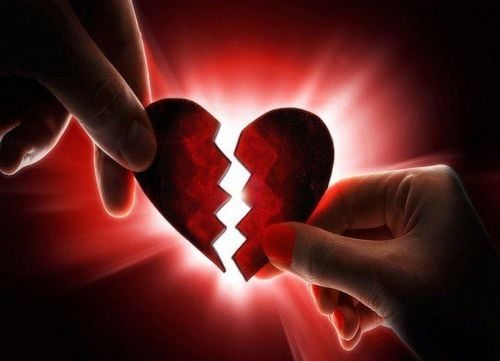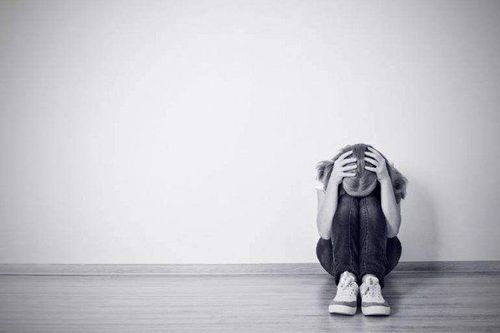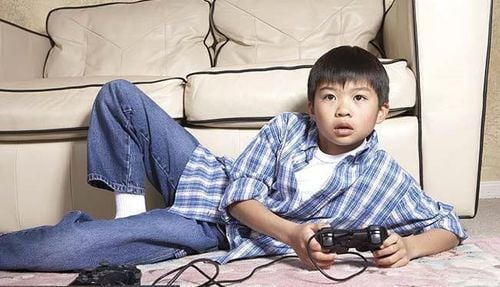This is an automatically translated article.
Feelings of cold seem to be part of the human experience of social rejection. Social rejection not only feels cold, bad, but it can also cause anxiety and depression, activating brain regions involved in experiencing physical pain.
1. What is lonely mood?
There are many examples in everyday language of metaphors linking cold temperatures and emotions such as loneliness, despair and sadness. As children, we are taught that metaphor is only meant to be descriptive and not taken literally. However, recent studies show that these metaphors are not just favorite literary vehicles but a psychological basis for associating coldness with feelings of social isolation.
So why is cold feeling worse when alone? New research shows it's possible to predict how lonely you feel during times of illness.
In a new study published in the journal Health Psychology, researchers assessed the loneliness levels of 213 people and the size of their social networks. Then, give study participants nasal drops of the common flu virus and isolate them in a hotel for 5 days to monitor for symptoms.
Everyone in the study was equally likely to get sick, but lonely people reported more severe cold symptoms than those who were less lonely.
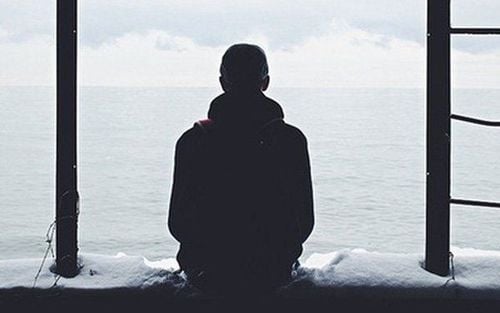
Những người có tâm trạng cô đơn thường có cảm giác lạnh nghiêm trọng
2. Feeling cold is probably lonely
Social isolation makes people feel colder and want to seek warmth.
Psychologists Chen-Bo Zhong and Geoffrey Leonardelli from the University of Toronto's Rotman School of Business wanted to test the idea that social isolation can create feelings of physical cold. They divided a group of volunteers into two groups. One group recalls a time when they were socially isolated themselves: being rejected from the club. This is intended to hit their feelings of isolation and loneliness. The other group recalls a time when they were admitted to a group.
The researchers asked all the volunteers to estimate the temperature in the room, citing that the building's maintenance staff wanted that information. Room temperature is always the same.
Volunteer estimates ranged widely from about 540F to 1040F. Here's the interesting part: People who were asked to think about their experience of social isolation gave lower temperature estimates. In other words, the recall of ostracized memories actually made people feel that the ambient temperature became colder.
One expert says: “We've found that periods of social isolation really make people feel cold. This may be why people use temperature-related metaphors to describe social inclusion and isolation."
In another experiment, instead of relying on memories of individuals volunteers, the researchers activated a feeling of exclusion by having the volunteers play a computer-simulated ball-throwing game designed to have some volunteers throw a ball at them. many times, but not others
Then all volunteers rated the preference of certain foods and drinks such as hot coffee, crackers, a cold Coke, a apple and hot soup The findings were impressive
The "unpopular" volunteers who were ostracized in the computer game were more likely to want hot soup or hot coffee than the volunteers who were interacted with. Their preference for warm food and drinks is probably due to the body feeling cold and isolated, possibly as a coping mechanism for literal social isolation.
These results open new opportunities in exploring the interaction between environment and psychology, such as the study of affective disorders (Example: Seasonal Affective Disorder).
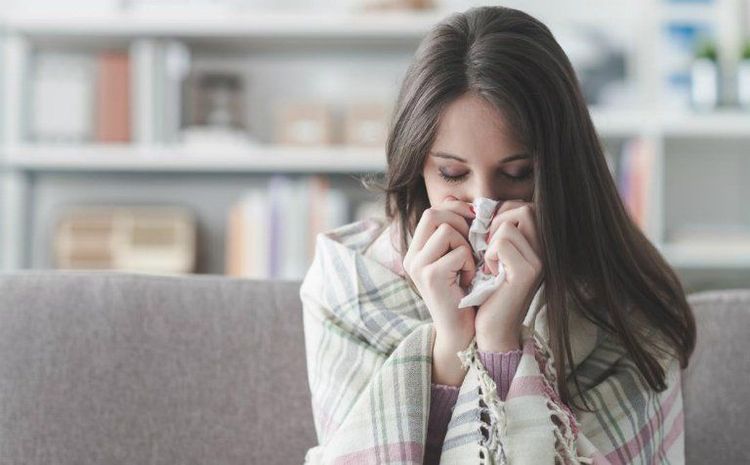
Cảm giác lạnh lẽo dường như là một phần trải nghiệm của con người
Research into Seasonal Affective Disorder has focused on the idea that a lack of sunshine in the winter leads to feelings of depression in normally healthy people. Current research indicates that cold weather can also contribute to feelings of sadness and isolation during the winter months. In addition, this study shows that raising the temperature a little can be an easy method to promote interaction and cooperation among people in society.
In a nutshell, feeling cold seems to be part of the human experience of social rejection. Social rejection not only feels cold and bad, but it can also trigger anxiety and depression, activating brain regions involved in experiencing physical pain.
Please dial HOTLINE for more information or register for an appointment HERE. Download MyVinmec app to make appointments faster and to manage your bookings easily.
Reference source: time.com



